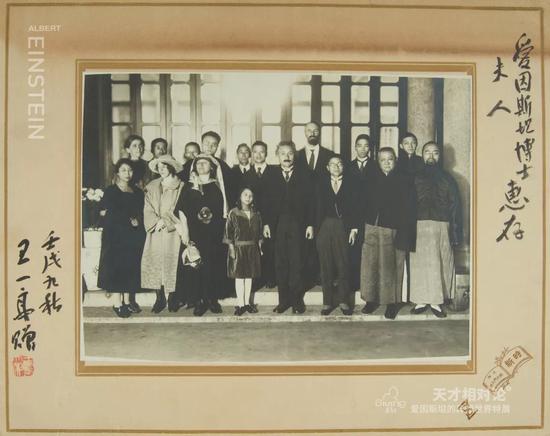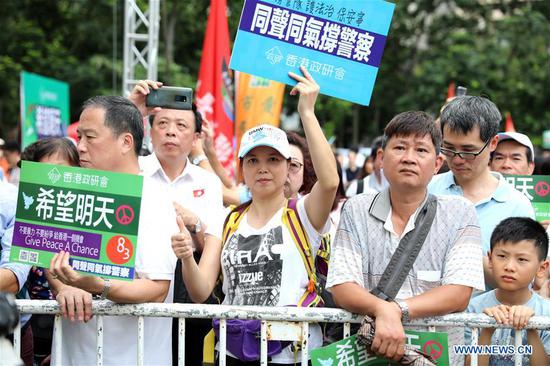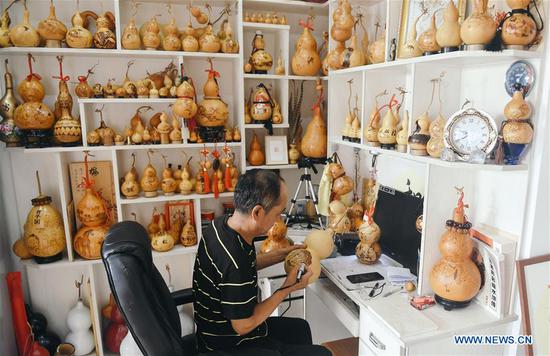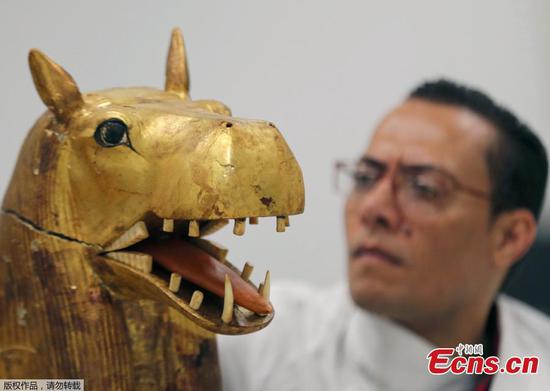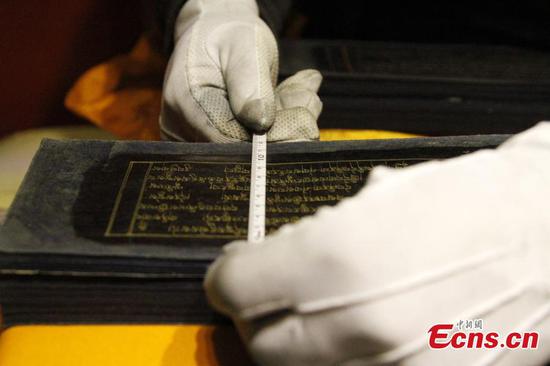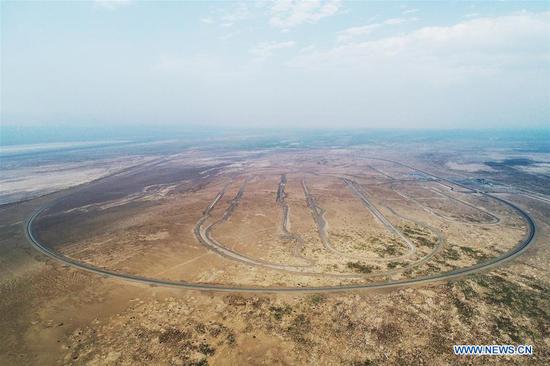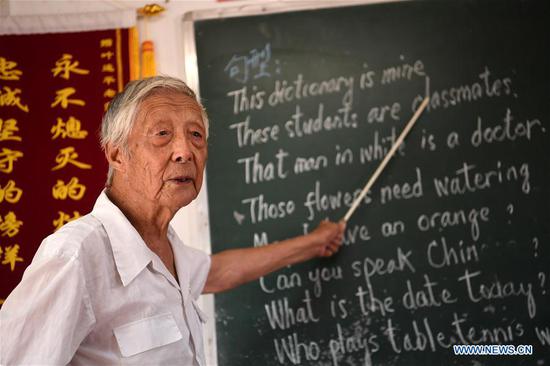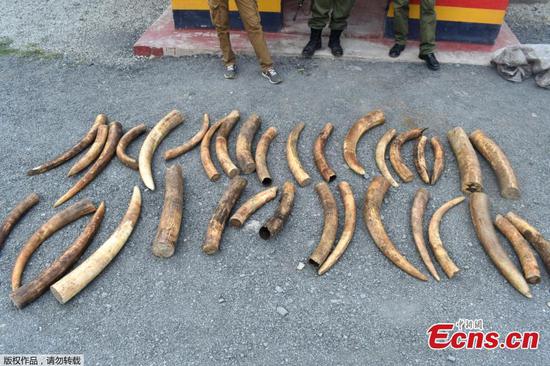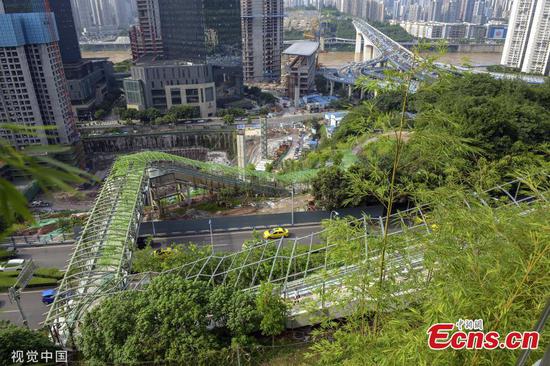China reiterated that United States accusations that it hasn't yet begun buying U.S. agricultural products are groundless and it is continuing to implement previously signed agreements for soybean purchases, the National Development and Reform Commission said.
The NDRC, the country's top economic planner, said Chinese companies have recently purchased U.S. crops such as soybeans, adding there are some pending deals due to the lack of price competitiveness.
From the G20 Summit in Osaka, Japan, in late June until the end of July, 2.27 million metric tons of U.S. soybeans were shipped to China, according to the NDRC. Another 2 million tons of soybeans are expected to be shipped this month. The two countries have signed deals for 14 million tons of soybeans so far this year.
Since July 19, Chinese companies have inquired with U.S. exporters about prices for such agricultural products as soybeans, sorghum, wheat, corn and ethanol.
As of Friday, they had made deals for 130,000 tons of soybeans, 120,000 tons of sorghum, 75,000 tons of hay, 60,000 tons of wheat, 40,000 tons of pork and pork products, 25,000 tons of cotton, 5,700 tons of dairy products, 4,500 tons of processed fruits and 400 tons of fresh fruit. Chinese enterprises will apply to the Customs Tariff Commission of the State Council for exemption from tariffs.
"China and the U.S. are highly complementary in the agricultural sector, and it is in the common interests of both sides to trade foodstuffs with each other. After the two leaders met in Osaka, China has demonstrated great goodwill and positive efforts in purchasing U.S. crops, and has already made considerable progress," Cong Liang, NDRC secretary-general, said during a recent interview with China Central Television.
"Tariffs fully demonstrate that the trade war will be a double-edged sword hurting both sides. We hope that the U.S. will adhere to the basic principles of the market economy, and take more measures that benefit others as well as itself," Cong added.
Hong Junjie, a professor of international trade at the University of International Business and Economics in Beijing, said that while China was looking for reasonably priced agricultural products from the U.S., it was also making targeted adjustments to its supply chain of agricultural imports, largely motivated by the ongoing Sino-U.S. trade dispute.
"This move will not only enhance its food security, but may also further improve the quality of agricultural products, bringing its people more options of farm goods across the world," Hong added.
"The U.S. must be aware that China's purchase of agricultural products is only based on reasonable market prices and good quality, and the country certainly has many choices in global markets," said Huo Jianguo, vice-chairman of the China Society for WTO Studies.
Huo said it is time for the U.S. to help its farmers sell their products in overseas markets with more policy guarantees.
"Moreover, the impact has affected to the whole industrial chain. The growing trade tension can only hold back purchases in the market and cause price competition that damages the market environment," he said.










